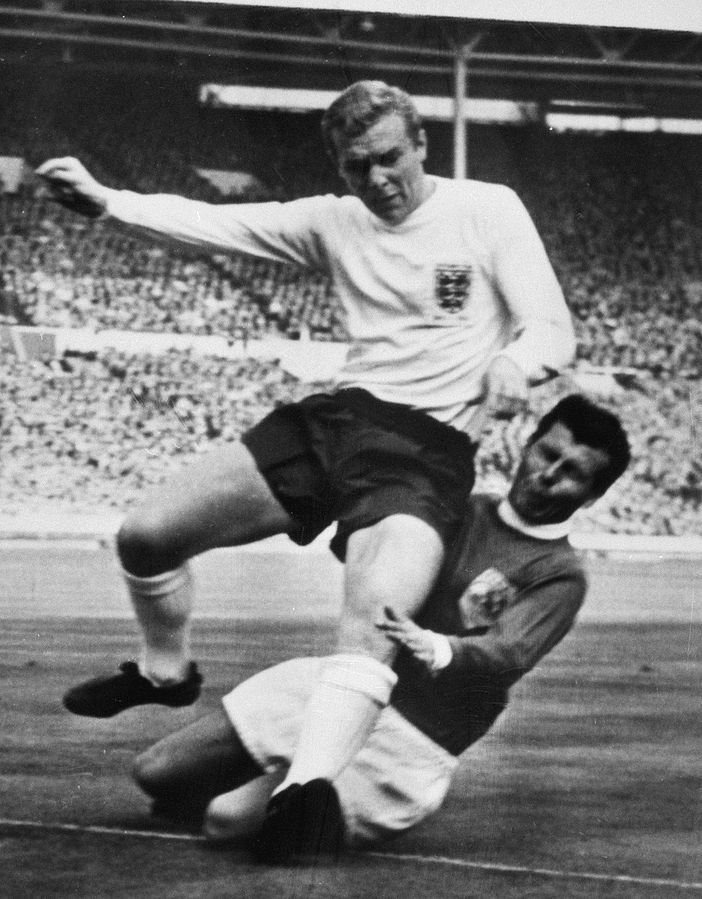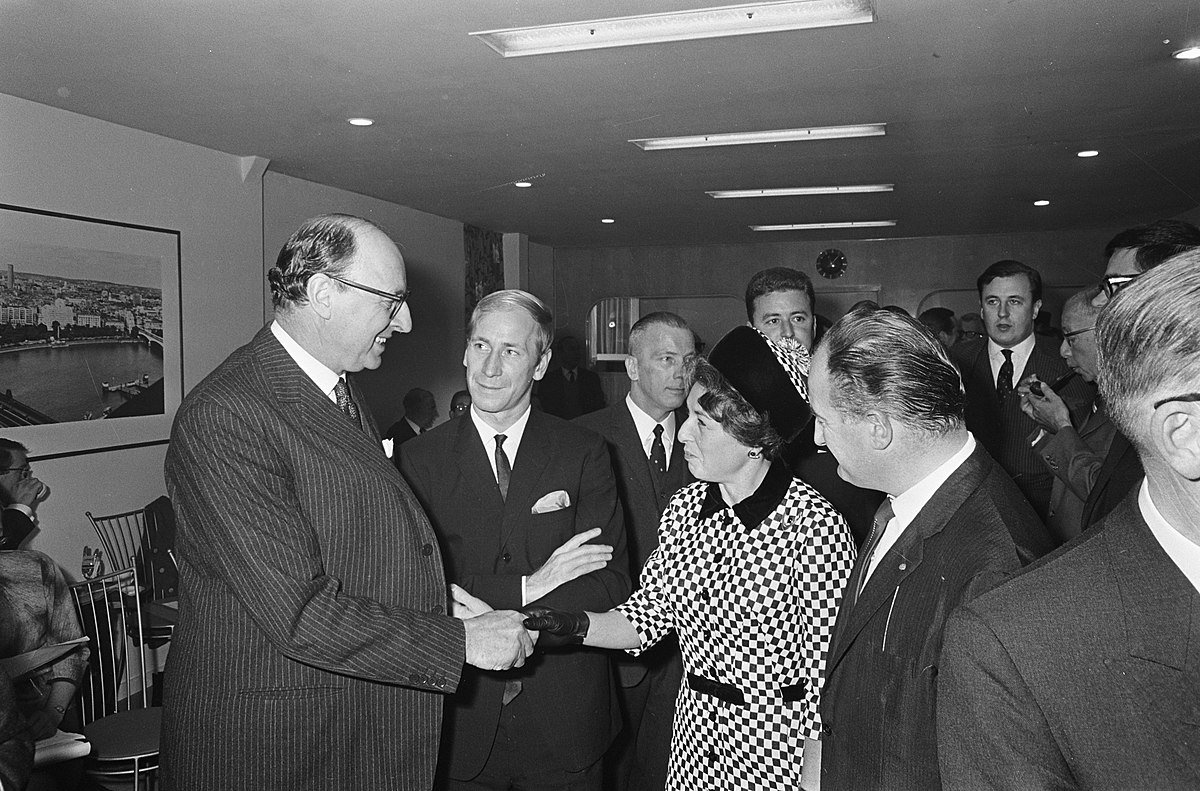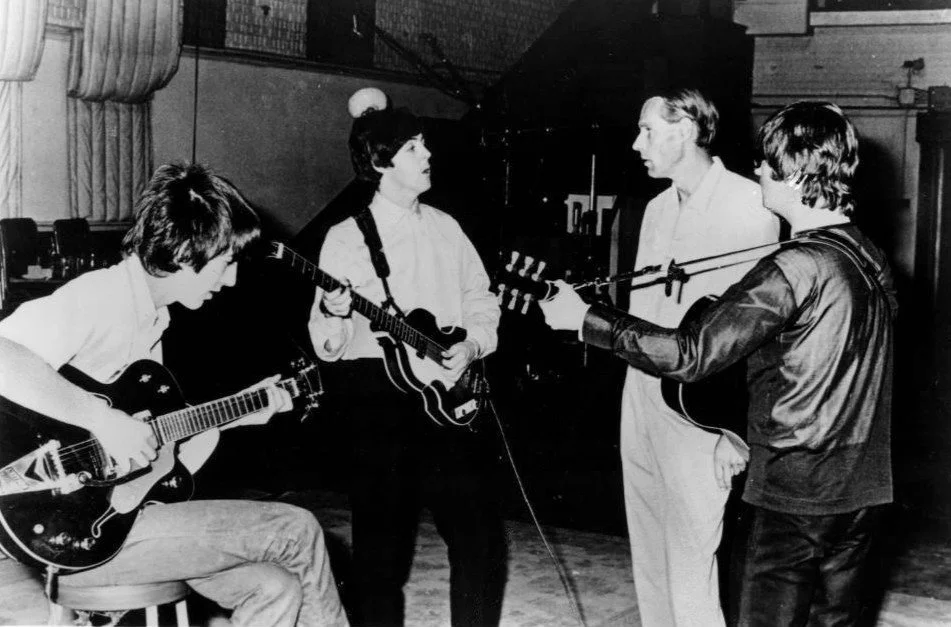The World Cup: Paul Hayward (1966)
Paul Hayward author of England Football: The Biography
Just before England confronted France in their dramatic quarter final match at the Qatar World Cup, we spoke to one of the nation’s finest sports writers about the year that Gareth Southgate’s players (unsuccessfully, as it turned out) were trying to emulate: 1966.
*** [About our format] ***
England’s record in international football is undistinguished. While many European and South American nations have lifted multiple World Cups and regional championships, the English team have all too frequently stuttered at the last stages of these international competitions.
The one notable exception came in 1966, when England won the World Cup on home turf. Nowadays people look back to that occasion with ambivalence. Although there remains a great deal of pride in the team’s achievement, over the years 1966 has increasingly become a hackneyed reference point. It is a moment England have never managed to surpass.
The Queen presents the 1966 World Cup to England Captain, Bobby Moore (Wiki Commons)
Despite this the history of what happened during that fabled summer remains compelling. In the 1960s Britain was a country experiencing an identity crisis. As the long wave of decolonialisation rose and crested, the English people looked towards sport for solace.
Football, in particular, held particular power in the English mind. There was a general feeling that the English people ‘owned’ the game, having codified its rules in the nineteenth century and developed the earliest leagues and teams. Despite this the national team had performed poorly in the World Cups of the 1950s and early 1960s. They had treated the tournament with too little respect, expecting to win and always suffering disappointment.
In 1963 the new English manager, Alf Ramsey, was determined to change this. On his appointment he made a bold prediction. In 1963, Ramsey claimed, England was going to win the World Cup.
Alf Ramsey leading training in the 1960s (Wiki Commons)
So the stage was set for the events that Paul Hayward talks about in this episode of Travels Through Time. 1966 would become a legendary year in English sport, but as he explains it also was a time full of historical interest. Beyond the Wembley Towers the Beatles were recording some of their greatest music and a cultural revolution stirring into life.
But in other ways Britain remained rooted in the post-war world. For many people life remained hard and old conservative attitudes predominated. Appearing at this inflection point was the stiff old soldier Alf Ramsey and a talented group of players that included the Charlton brothers, Bobby Moore, Nobby Stiles and Ray Wilson.
The stories and characters that appear in this episode of Travels Through Time feature in Paul Hayward’s new book, England Football: The Biography
*** Listen to the podcast ***
Show notes:
Scene One: Early summer 1966. England training camp at Hendon.
Scene Two: 30 June 1966. The cusp of the World Cup final.
Scene Three: July. Ashington, Northumberland. Jack and Bobby Charlton return to their home town after the historic victory.
Memento: A vinyl pressing of Revolver signed by The Beatles.
People/Social
Presenter: Artemis Irvine
Guest: Paul Hayward
Production: Maria Nolan
Podcast partner: Ace Cultural Tours
Theme music: ‘Love Token’ from the album ‘This Is Us’ By Slava and Leonard Grigoryan
Follow us on Twitter: @tttpodcast_
Or on Facebook
See where 1966 fits on our Timeline
About Paul Hayward
Paul Hayward has been Chief Sports Writer at the Daily Telegraph, Guardian, Observer and Daily Mail across three decades. He is a five-time Sports Journalists' Association Sports Writer of the Year and was twice Sports Journalist of the Year in the British Press Awards.
He has co-written autobiographies for Michael Owen, Sir Bobby Robson and Sir Alex Ferguson. He has covered the England men's team tournaments since 1996. This is his first book under his own name.
London 1966
Beatles and George Martin in studio 1966
Listen on YouTube
Complimentary Episodes
Scotland Reborn: Murray Pittock (1967)
In a significant week in Scottish politics, when the United Kingdom Supreme Court ruled against a second independence referendum, we head more than half a century back to another pivotal moment for the nation. Professor Murray Pittock takes us back to November 1967.
Beatlemania: Craig Brown (1963)
In this wonderfully descriptive and entertaining episode of Travels Through Time the award-winning writer and satirist Craig Brown takes us on a cultural tour of 1963. We discuss the Great Train Robbery, the Beatles meteoric rise to fame and the assassination of JFK.
Britain Alone: Philip Stephens (1962)
In this episode the author and journalist Philip Stephens takes us back to a crucial month in post-war British politics. December 1962, he explains was the month that framed Britain’s relationship with the rest of the world for the next half century.











